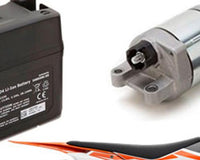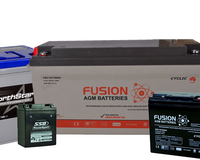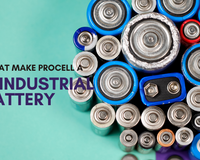The memory effect sounds like something out of a psychological thriller, but it is actually an effect that is found in rechargeable NiCad NiMH batteries.  You may notice that over time, batteries can lose their ability to hold their charge, and no matter how long it spends on the charger, it runs out of power faster every time.
You may notice that over time, batteries can lose their ability to hold their charge, and no matter how long it spends on the charger, it runs out of power faster every time.
The memory effect occurs when you continuously recharge a battery between cycles, after only partially discharging it. In this case, the battery remembers the smaller capacity. A somewhat more accurate way of describing this is Voltage Depression.
Ways To Prevent The Memory Effect
Buying a good charger, that is suited to your specific type of battery is essential. A charger that is specifically designed for a certain battery type will be better for it in the long run. Chargers with micro-controller chips are usually the best choice. Don’t use a NiCad Charger for NiMH batteries , or vice 
Occasionally discharging your batteries before fully recharging them also helps, especially in NiCad Batteries .
And of course, store your batteries in a cool, dry place, as hot and humid conditions contribute heavily to capacity loss.
People also tend to use the terms “memory effect” and “voltage depression”, to describe issues with lithium and lead acid batteries, that are actually caused by other problems. Issues such as exposure to extreme temperatures and defective chargers can result in low capacity as well.








